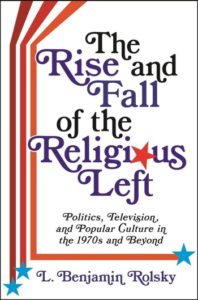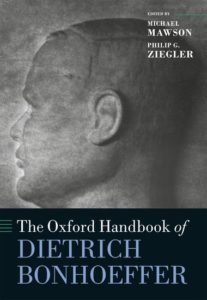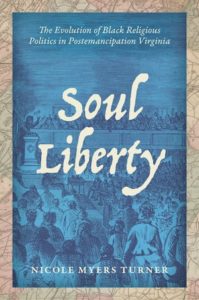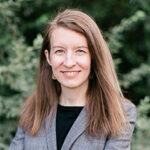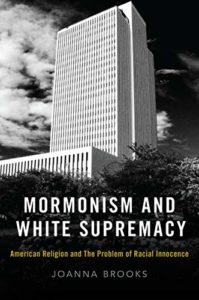 American Religion and The Problem of Racial Innocence
American Religion and The Problem of Racial Innocence
In Mormonism and White Supremacy: American Religion and the Problem of Racial Innocence, author Joanna Brooks examines the racist traditions present in her own religion in order to bring to light the role American Christianity has played in sustaining everyday white supremacy by assuring white people of their innocence. Like most difficult subjects in Mormon history and practice, the priesthood and temple ban on Blacks has been managed carefully in LDS institutional settings with a combination of avoidance, denial, selective truth-telling, and determined silence.
To this day, churchgoing Mormons report that they hear from their fellow congregants in Sunday meetings that African-Americans are the accursed descendants of Cain whose spirits—due to their lack of spiritual mettle in a premortal existence—were destined to come to earth with a “curse” of black skin. It is often more controversial to state the truth, that the ban on the ordination of Black Mormons was a product of human racism. Like so many Christians, it is easier for Mormons to deny their racist history than to confront it head on. But now, as America begins to come to terms with the costs of white privilege to Black lives, Brooks urges a soul-searching examination for white Christians who previously presumed themselves to be innocent.
Reviews and endorsements of the publication include:
“It is one of the most trenchant and persuasive appeals to confront the history of LDS anti-black racism, past and present, and is a clarion call for academic intervention in contemporary issues.” — Benjamin E. Park, Sam Houston State University
“Dr. Joanna Brooks boldly interrogates the impact of white supremacy on American Christianity, and specifically her own formation within Mormonism. Her work offers an unabashed examination into the history of racism within the Church. This detailed exploration into how racism lives and breathes within the Latter-day Saint religion is an important read for any white American Christian. It is, in part, a spiritual awakening to confront the demons of racism within one’s religious beliefs and Joanna Brooks is willing and called to lead you into that awakening” — Rev. Dr. Fatimah Salleh, founder of A Certain Work
“Joanna Brooks frankly reminds us that white supremacy doesn’t just happen. It is created, cultivated, passed on, sanctified, then perpetuated through forgetfulness. Mormonism emerges here as the quintessential American religion, but in the unenviable mode of participating fully in the nation’s original sin of anti-black racism. This book is strong medicine without the spoonful of sugar-but precisely the kind of medicine that may help effect a cure.” — Patrick Q. Mason, Utah State University
For more information on the publication, click here.
Fellow travelers are scholars, activists, and practitioners that embody the ideals and commitments of the Project on Lived Theology. We admire their work and are grateful to be walking alongside them in the development and dissemination of Lived Theology.

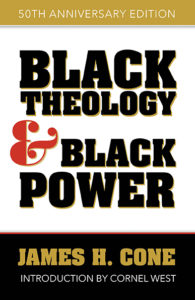 50th Anniversary Edition
50th Anniversary Edition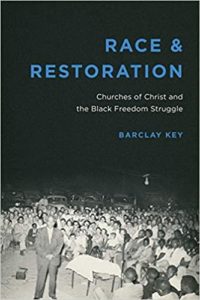 Churches of Christ and the Black Freedom Struggle
Churches of Christ and the Black Freedom Struggle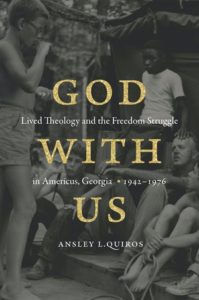
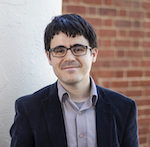
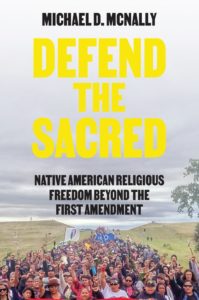 Native American Religious Freedom beyond the First Amendment
Native American Religious Freedom beyond the First Amendment